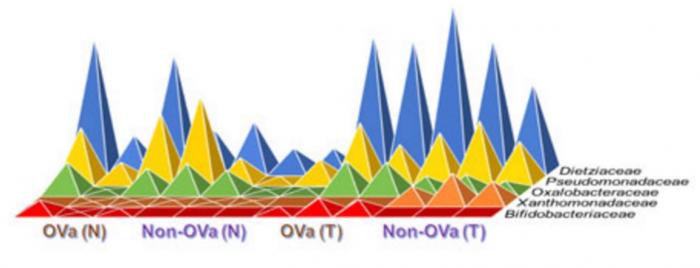
Axial spondyloarthritis: Patients see sustained benefit with certolizumab pegol
By: Jill Stein
Researchers are reporting that early rapid improvements in the signs and symptoms of axial spondyloarthritis in patients treated with certolizumab pegol are maintained at 4 years.
Dr. Desiree van der Heijde, with Leiden University Medical Centre in the Netherlands, and colleagues elsewhere examined outcomes at week 204 in patients who were randomized to certolizumab pegol or placebo as part of the phase III RAPID-axSpA trial.
Axial spondyloarthritis is characterized by inflammation of the sacroiliac joins and spine, which results in chronic back pain.
Previous reports have shown that certolizumab pegol - a drug used to treat rheumatoid arthritis - is effective and safe over 96 weeks of treatment.


